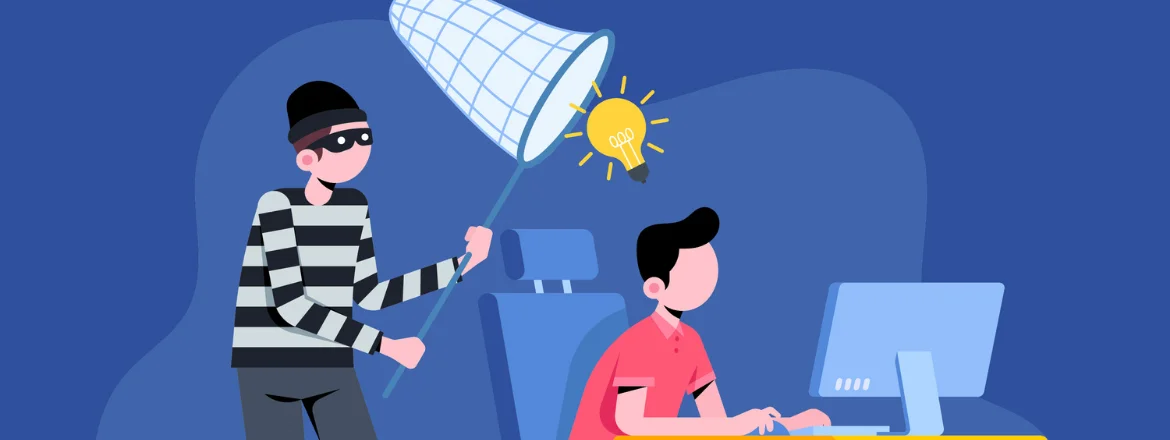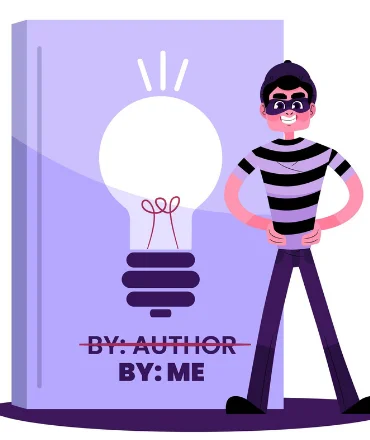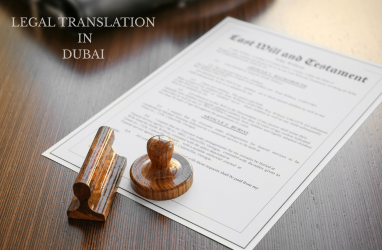Are derivative works protected under Global Copyright and IP conventions?
The simple answer is Yes.
The most widespread misperception concerning copyright law and derivative works is that derivative works do not have the right to copyright protection in and of themselves. This is not correct.
Copyright infringement occurs when you steal or use a derivative work without a licence or an affirmative defence such as fair use.
This includes publishing or reposting a creator's work (including fan art and fanfiction) on social media, blogs, or content hosting sites without permission from the author.
Alternatively, establishing accounts on websites to see items incorporating a derivative work without a licence specifically granting authority for these uses, particularly any revenue-generating uses.
Derivative Works Protection Vs. Copyright Protection
Under copyright law, derivative rights are protected in two ways:
- The derivative work is protected by the original work's copyright. Copyright protection extends to derivative works for the owner of the original copyright. This implies that the original work's copyright holder also owns the rights to derivative works.
As a result, the owner of the original work's copyright may file a copyright infringement case against someone who develops a derivative work without authorization.
- The derivative work is protected by copyright. The derivative work's copyright is owned by the author of the derivative work. This might be the original work's originator or someone else who has secured a derivative work licence from the original copyright holder.
A derivative work's copyright is distinct from the original work's copyright. As a result, if the copyright holder grants someone permission to make a derivative work, the holder maintains ownership of the original work.
To put it another way, only the derivative rights are licenced.
Works in the Public Domain
Copyright protection does not continue forever; it expires after a specific period of time. If the original work's copyright protection has expired, the work is said to be in the public domain. Work in the public domain may be used by anybody.
If you take work in the public domain and change it in some way, the resulting work is a derivative work that is protected by copyright. Others may continue to use the original work in the public domain, but not with your change.
Reproductions and Adaptations: Are They The Same Thing?
There is always a distinction to be made between duplicating an original work and developing a derivative creation.
In order to violate a copyright, one does not need to make a flawless duplicate. Otherwise, a copy may merely make a little alteration (a single word in a book, or a pixel or two in a computer picture) and not infringe.
Court rulings have established the infringement standard as to whether the copy is “substantially similar” to the original work.
There is no hard and fast criterion for establishing whether something is a substantially similar copy and when it is a derivative work, since both integrate the original work in some manner and contain modified content.
In intellectual property law, there are few hard and fast laws:
The “recasting, modifying, or adapting” of the original work, typically to a new form, is the litmus test for a derivative work. As an example:
A variety of copyrights cover many works. For example, if a film is based on a best-selling book, the content derived from the book is protected by the author's original copyright.
The script, however, is a derivative work of the book, with its own copyright protecting the book's unique elements, such as any additional dialogue or staging directions for a scene.
Both are works of literature but the actual film, as an audiovisual work, has its own copyright that covers features that are unique to the film and not in the text, such as the director's specific arrangement for a shot.
Still unsure of this very intriguing conversation regarding derivatives?
We understand that grasping a few notions within the spectrum of IP can be daunting. But we are here to help. If you have any concerns regarding the subject of derivatives or copyright law in general, feel free to drop us a line at [email protected]. As our ongoing efforts to provide support to the reactive community, and we look forward to hearing from you.
Frequently Asked Questions
What is a Derivative Work?
A derivative work is a creation that incorporates elements of an original, previously copyrighted work, fixed in a physical medium.
Who Controls the Rights to Derivative Works?
If you own the copyright to a work, you control the rights to derivative works. However, using someone else's work in a new creation may infringe on the original copyright.
Who Does the Concept of Derivative Works Apply To?
The concept applies to artists, writers, and anyone interested in copyright law. Determining whether something is a derivative work is crucial for any potential copyright infringement claim.
What Falls Under Copyright Protection?
Copyright protects various creative works, including literary works, sound recordings, music, dramatic works, motion pictures, and visual artworks.
How is a Derivative Work Defined in the Copyright Act?
The Copyright Act defines a derivative work as a work based on one or earlier works, including translations, arrangements, dramatizations, and more.
How Can You Tell if Something is a Derivative Work?
Determining if something is a derivative work can be challenging, requiring an assessment of similarity to the original and proof of independent creativity.
Are Derivative Works Protected Under Global Copyright Conventions?
Yes, derivative works are protected under global copyright conventions. Copyright infringement occurs when using a derivative work without proper authorization.
How Are Derivative Rights Protected Under Copyright Law?
Derivative rights are protected both by the original work's copyright and the copyright of the derivative work's author. The copyright holder can file infringement cases against unauthorized derivative works.
What Happens to Works in the Public Domain?
Works in the public domain can be used by anyone. If a derivative work is created based on a public domain work, the derivative work is protected by copyright.
Is There a Difference Between Reproductions and Adaptations?
Yes, reproductions involve duplicating an original work, while derivative works involve recasting, modifying, or adapting the original into a new form.





